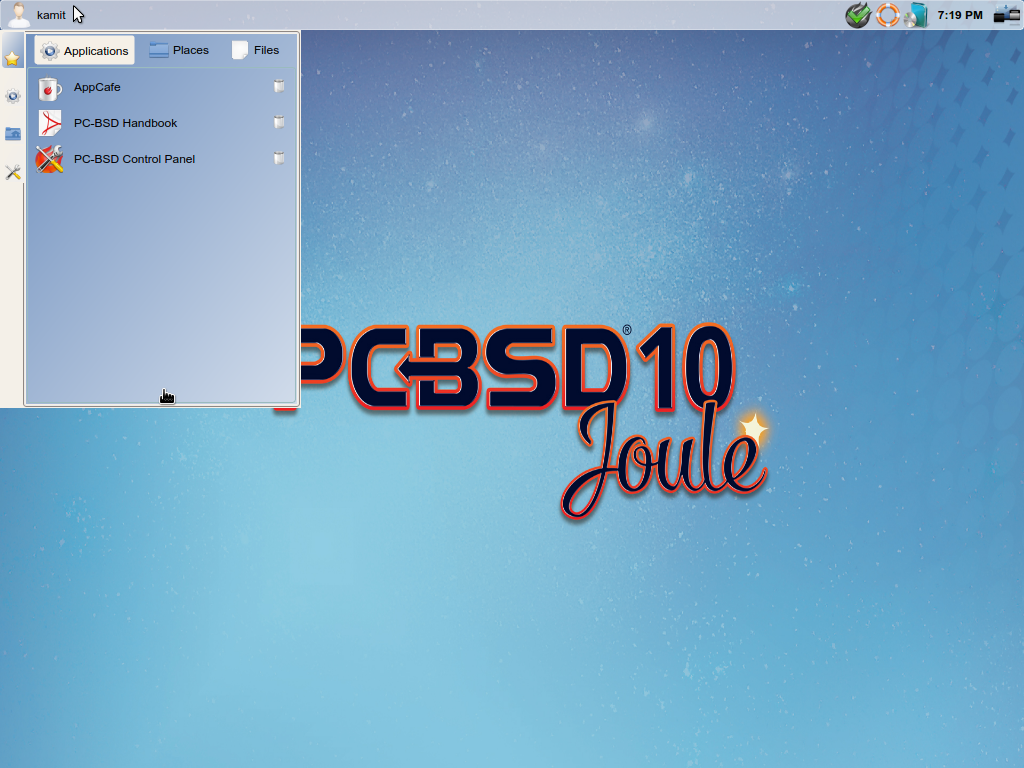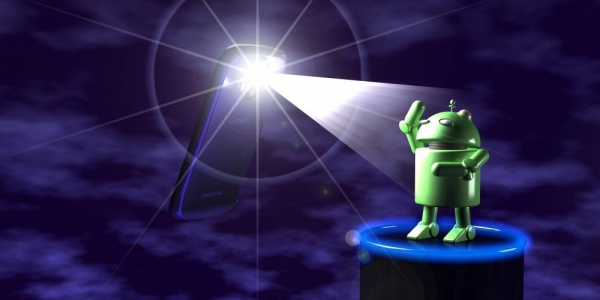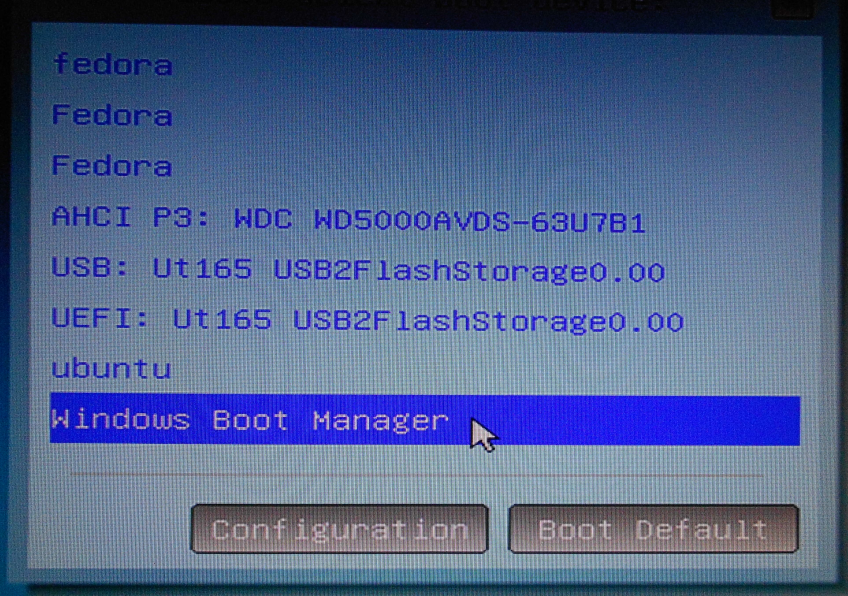PC-BSD is a multi-purpose distribution of FreeBSD. The last stable release is PC-BSD 9.1. Development and releases tend to be slow and infrequent, and it does not get as much press coverage as Linux distributions.
I have been reviewing its major releases since this website was launched, though I’m yet to review the last stable edition.
But that review is on the works, and should be published in a about a week or so. Meanwhile, Kris Moore, the (sole) developer, of the distribution, has published an article outlining the future direction of the distribution.
So, what does he say the future holds for PC-BSD?
First of all, I want to let you know, that I’ve personally not been satisfied with the frequency of PC-BSD releases and updates. With us tracking the upstream FreeBSD releases, it has really tied our hands getting new releases out to the public. The past couple of releases had a delay of almost a year between them, which is WAY too long in my opinion.
To further compound the problem, our build system wasn’t designed to do frequent updates of packages and our utilities, which made getting updates out to the community a long and tedious process. This is all going to change. What we are looking at going to now is more of a “Rolling-Release” model, first for our utilities & system packages, and eventually for the FreeBSD base itself.
Read the rest here.








I use it and like it. Kris might be the ‘lead’ developer but he’s certainly not the only one, and since they were bought by iXsystems they’ve got plenty of resources. I still favor BSD on my servers, but PCBSD makes it easy to run a desktop too, and that makes it a great place to combine ‘local server on which I can test’ with ‘desktop I can use for work.’ It’s solid and has lots of promise.
Their PBI package distribution system is pretty good, and it’s very easy to create PBIs for their “app store.” There’s definitely promise there – makes sharing, downloading, and installing apps as easy on a BSD box as it is on OSX.
Well, since they’re all Darwin, why don’t we all just settle for something from Apple?
It’ll be interesting to see what he does about the packages. It’s a real pain for 9.1 that FreeBSD hasn’t published the updated package set yet because (supposedly) of the security breach they had.
Why does this even exist? Just use Linux.
With all due respect, the BSD operating systems are solid, well supported software. FreeBSD predates Linux, and has both advantages and disadvantages over it.
I myself would never dismiss these worthwhile attempts at creating a usable desktop operating system with FreeBSD unless I had tried them for awhile and had specific criticisms of where they are not up to the tasks you expect to do.
Linux exists in its present form because many people didn’t want to hear “Just use MS Windows.” Saying the same thing about the BSDs displays a little myopia, imho.
Just use BSD-386. Or was it 386BSD? Free BSD? Open BSD? Net BSD? What the heck, it’s all Darwin.
Well, since they’re all Darwin, why don’t we all just settle for something from Apple?
Did you come here to post that just for the sake of being a Troll? Really grow up man.
Yeah, why do we even use Linux, Windows is better, right?
Why did Google bother with Android? We should all be using iOS devices.
Why do we even bother to wake up in the morning? sleeping until thy kingdom come should do just fine.
Why did Seve Jobs bother to revive Apple? The company should have gone out of business back in late 1990s.
I look forward to your review; I’ve been considering reviewing either PC-BSD or GhostBSD recently myself.
PC-BSD makes .img files for all versions other than the main one, which is a 4 GB .iso file. I don’t know why, but it does complicate things slightly (I don’t have easy access to a 4GB flash drive).
That said, my experience using PC BSD in a virtual machine has been very nice, and I do plan to install it on my laptop for a proper workout.
What the future *should* hold is a RECOMMENDATION of ultralaptops, laptop/tablet hybrids and even older laptops or other older computing devices where everything works.
From non-flickering graphics support to hibernation. If the chip is on the device, it’s supported. No more 70% support or guess-work. When someone asks what should I buy, there should be a definitive answer.